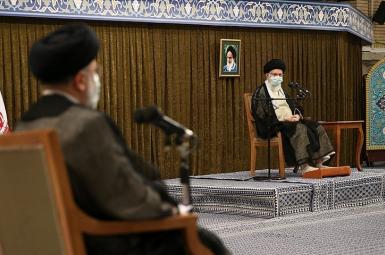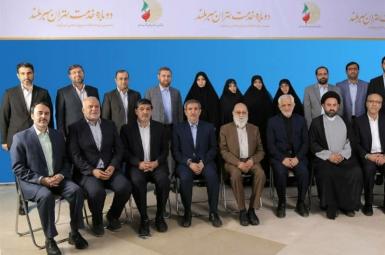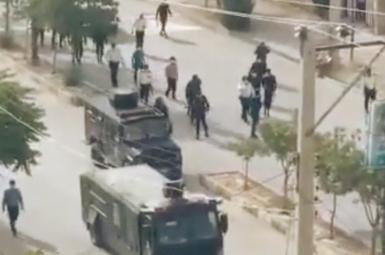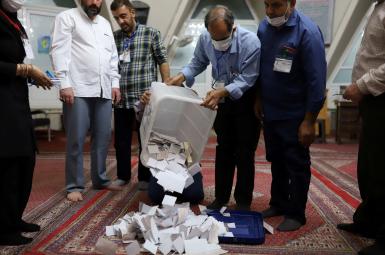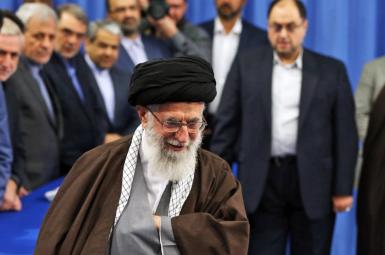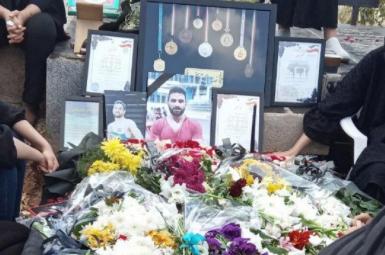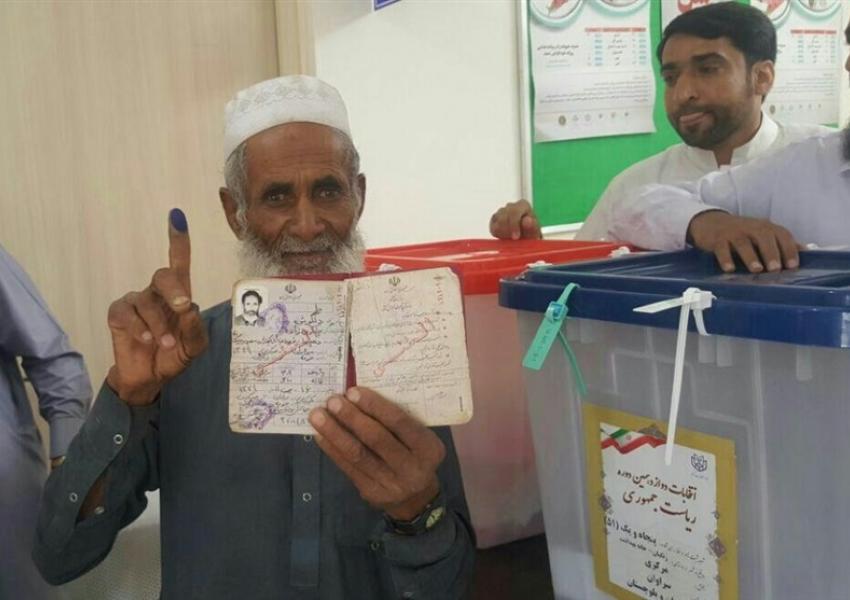
Wide Provincial Variations In Iran Presidential-Election Turn-Out
Huge variations of turnout across Iran’s 31 provinces in the June 18 presidential election were revealed in figures announced Saturday by interior ministry elections taskforce chief, Jamal Orf. While South Khorasan, at 74 percent, had the highest turnout, only 34 percent of those eligible voted in Tehran province.
President-elect Ebrahim Raisi’s (Raeesi) outreach to Abdolhamid Esmail-Zehi, the influential Sunni Friday prayer leader in Zahedan, the provincial capital, helped produce a 62 percent turnout in Sistan-Baluchestan, far higher than the 37 percent in another majority-Sunni province, Kurdistan. Both turnouts were lower than 75 percent and 58 percent respectively in 2017, when both provinces plumped for incumbent president Hassan Rouhani against Raisi.
At least in Sistan-Baluchistan, Esmail-Zehi’s alliance with Raisi shifted voters in the chief justice’s favor. While the Sunni cleric, who holds generally conservative views, had previously backed reformist candidates as well as Rouhani in 2013 and 2017, he made clear in an interview with Hamshahri newspaper in 2017 that if Rouhani's government failed to address problems faced by Sunnis he might support a principlist candidate next time.
Sunni Online, a website of Iran's Sunnis, on June 24 in a commentary said “the political U-turn of a considerable part of the Sunni community from the reformist faction to the principlist faction” was not surprising.
In the more liberal capital Tehran, only one in four went to the polls against 68 percent in 2017. As in much of the country, 'void and blank' votes, a mass phenomenon of 14 percent nationwide and new in Iranian elections, were higher than those cast for the second-placed candidate, former Revolutionary Guards commander and Secretary of the Expediency Council Mohsen Rezaei (Rezaee).
But blank votes were only 0.25 percent of those cast in South Khorasan province, which has a population of around 780,000 and is one of Iran's most deprived provinces. On the highest national turn-out of 74 percent, over 86 percent of South Khorasanis opted for Raisi – an even stronger result than the 64 percent he won against Rouhani’s 34 percent in 2017.
No turnout figure has yet been announced for the 3.5 million Iranians living abroad. Some expatriates campaigning for a boycott held protests in several cities such as London and Berlin outside polling stations set up in Iranian embassies, to shame anyone trying to vote. Canada did not allow hundreds of thousands of its citizens and residents with Iranian background to vote.

